Libya: the opportunities
The Libyan frailty
On August 26, in the southern suburbs of the Libyan capital, Tripoli, violent clashes took place as consequence of an attack conducted by the militias of the Tarhuna Seventh Brigade (originally from a town 60 km south of Tripoli and linked to Salah Badi, former chief of Libya Dawn) against the militias loyal to the Government of national accord (Gna), in place since 2016, under Fayez al-Sarraj. Thanks to the UN mediation, the parties agreed to a truce on September 4, but the subsequent missiles attack on Tripoli airport on September 12 broke the truce and imposed the closure of the capital’s air traffic. In a month’s time, because of the hostilities 117 people died, 560 were injured and 5000 families were displaced.
This situation, while confirming the failure of the international negotiation process, significantly affected the internal political scene, characterized by chronic instability and very difficult to put back together. Despite international recognition and support, the Government of national accord is being de-legitimized by some very dynamic competitors, like militias, sub-national, local and tribal groups. It is weak, lacks the necessary monopoly of force and therefore is unable to impose its power beyond the sole Tripoli area.
The UN rejects the French early elections project
In mid-September, the UN Security Council (under rotational US presidency) made two important decisions: in the first place it adopted a resolution authorizing an extension into 2019 of UNSMIL mandate -the United Nations Support Mission in Libya is the UN body in charge of relations with Tripoli, under the responsibility of Lebanese national Mr. Ghassan Salamè. Secondly, due to persisting instability, the idea of holding presidential elections before the end of the year, put forward by France, was abandoned. This latter choice was in line with the Italian and US views.
The UN Security Council decision thus reinforced the key role of the UNSMIL mission, while it weakened Mr. Ghassan Salamè’s (apparently not very incisive) who is to be flanked by US national Ms. Stephanie Williams as Vice-representative for political affairs in Libya. On the other hand, Paris has not given up its plans.
Around the two competing fronts gather, in a peculiar collaboration-competition relationship, hundreds of groups, militias and brigades.
The overall situation pays the price of strong external interferences making a solution to the conflict unlikely in the mid-term. The Libyan government under Fayez al-Sarraj is busy maintaining a safe and secure environment in the Tripoli urban area, the Tobruk Parliament – loyal to General Khalifa Belqasim Haftar and with the support of France, Russia and Egypt – is promoting a constitutional referendum, urged by the French, with the aim of facilitating elections. Around the two competing fronts gather, in a peculiar relationship of collaboration on the one hand and competition on the other, hundreds of groups, militias and brigades who are busy imposing their own priorities on both Tripoli’s and Tobruk’s governments thanks to their respective territorial and social control, whose characteristics have been compared to the mafia’s. A thriving parallel economy based on international illegal trade in smuggled goods, consisting mainly in oil, drugs and weapons, as well as human beings, allows self-sustenance.
Within this scenario, signs are starting to emerge of an improved cooperation between Italy and the US. Washington could take a more direct involvement in Libya into consideration, while the US administration also views the 12-13 November international conference on Libya organized by Italy with favour. It is not to be excluded that the US will advance its own strategy for Libya with an eye to security. Should the strategy be designed in accordance with Stephanie Williams’s vision, resulting from her 24 years’ experience in the Middle East and North Africa, specifically in Libya where she previously held the position of «chargé d’affaires», it might include the creation of a selected military corps to also include Gadhafi’s special troops currently scattered among countless armed groups.








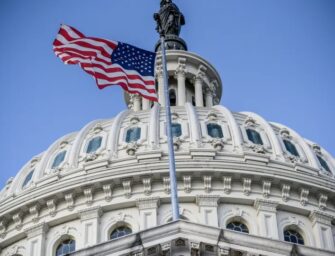
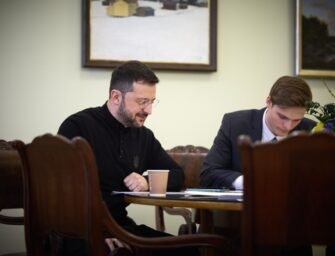
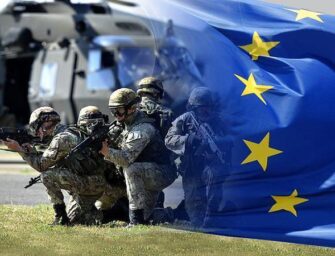



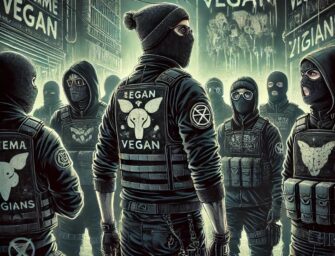
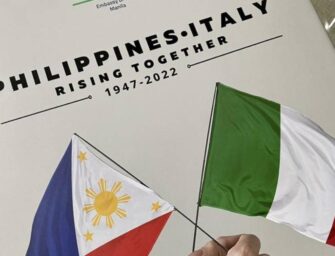

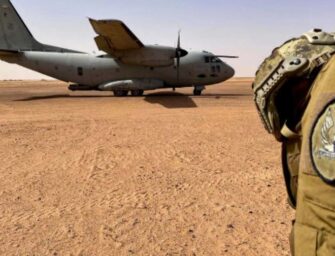

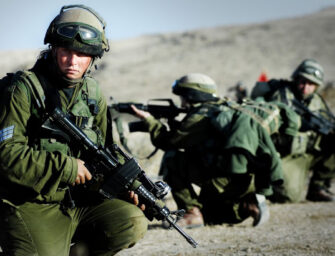


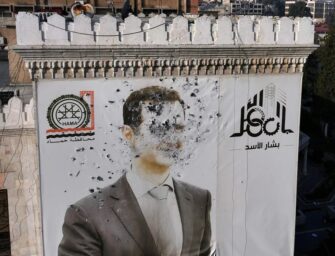
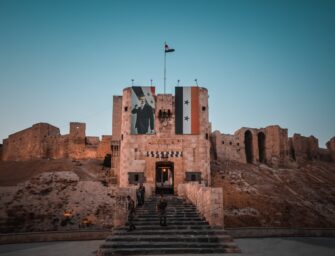



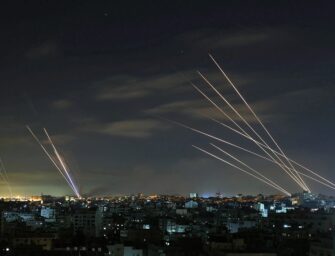

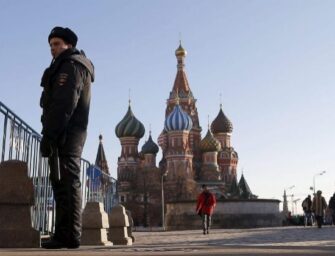
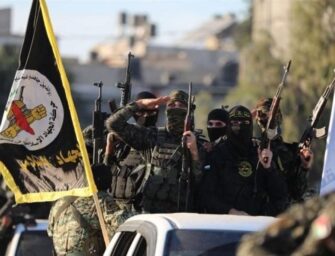
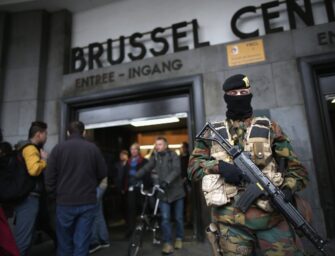
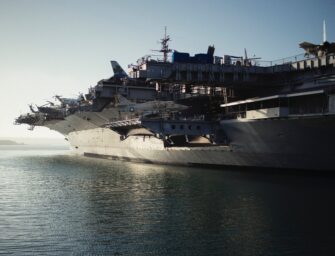
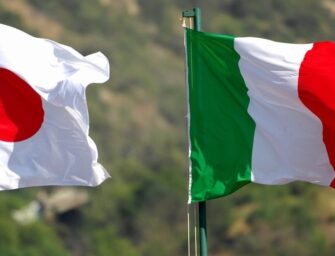
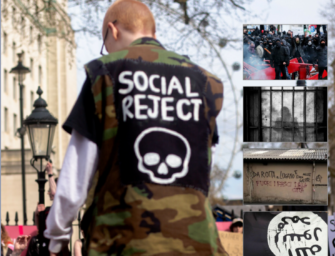

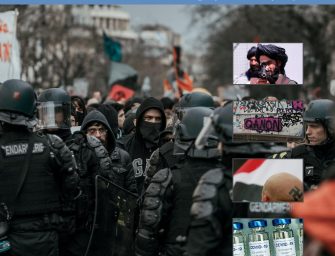
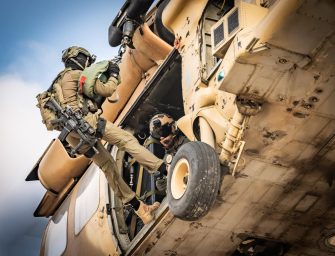
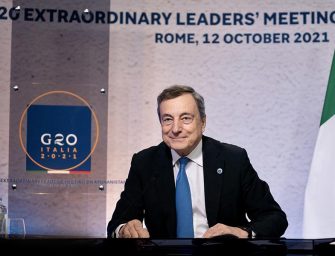
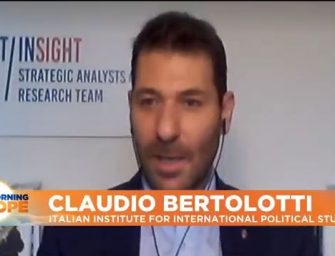
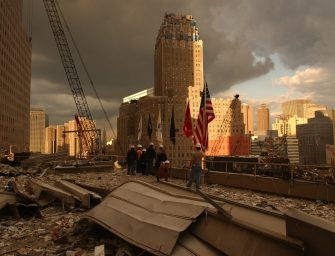
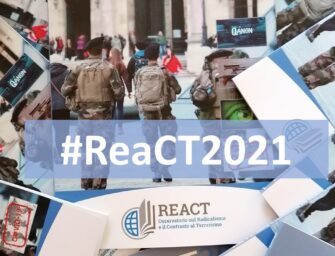
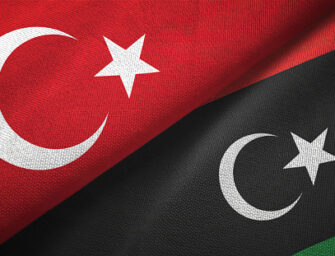
There are no comments
Add yours